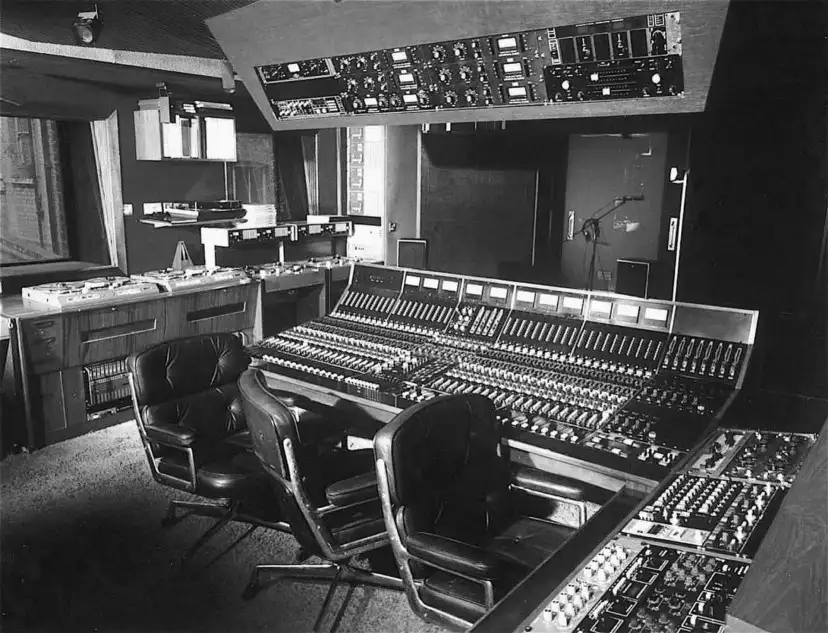The Future of Music
“The Internet is for nerds, it will never make money for my business!” exclaimed Stelios Haji-Ioannou, founder of easyJet.
It was 1996, and Russell Sheffield was trying to convince Stelios to build a website.
No airline in Europe had built a transactional website yet, and Stelios had no plans to become the first.
The internet was slow and clunky. A passing fad. Interesting, but most likely useless. According to most experts anyway.
But Russell believed otherwise. Like many dreamers, he was thinking two steps ahead. Focusing on what the internet could be, not what it was.
So in 1995, he founded the Tableau creative agency and started building websites.
One year later, Tableau was commissioned by easyJet to develop its creative campaigns. But Russell had other ideas. He wanted to build them a website.
Though most of the world disagreed with him, he found an advocate in Tony Anderson. Tony was Marketing Director at easyJet, and with his help, they managed to change Stelios’ opinion.
The website went live in 1997 and in 1998 became Europe’s first transactional airline website. By 2001, the website was powering 90% of easyJet’s bookings.
Tableau was then appointed by WorldPay, Tescos, Dixons and Virgin.
Soon after, Russell retired to a quiet island and no one has heard of him since.
Just kidding.
In 2002 Russell founded Paythru, the world’s first banking grade mobile commerce platform.
He exited in 2013 and has not stopped exploring new ideas since.
Russell’s latest projects are a throwback to his childhood.
His father was the co-founder of Trident Studios. A studio that recorded ‘Hey Jude’, and signed Queen when no one else wanted him. A studio that recorded Elton John, Lou Reed, T. Rex, Carly Simon, and Joan Armatrading. David Bowie even recorded ‘Space Oddity’ and ‘The Rise and Fall of Ziggy Stardust’ there.
Trident Studios
Trident showed that great music is created when people work together and share ideas.
Russell recognised the huge problem in the music industry. Everyone is listening, but nobody is paying the artist. To earn a minimum wage, artists need over a million streams a month.
Inspired by his father, he created his first solution; Trackd, the world’s first 8-Track social recording studio. A mobile app where a guitarist from Nashville can record with vocals from Stockholm, throwing in a drum solo from Lisbon. An award-winning social music universe, uniting both music lovers and artists around the world.
5 years later Russell began working on his second solution, Songbits. Backed by Grammy award-winning producer Dave Stewart, Songbits is an NFT marketplace that strengthens the connection between the artist and fans. Utilising both Trackd and blockchain.
Zero knowledge of crypto is required to use the platform, and platinum selling artists are keenly user testing.
Russell is trying to build a future in which artists can earn a living. Fans can feel special. And music can thrive.
To hear more about his vision, he will be speaking and holding a workshop at CowShed. All about the future of music.
Register interest for a chance to be one of the hundred attendees there!


